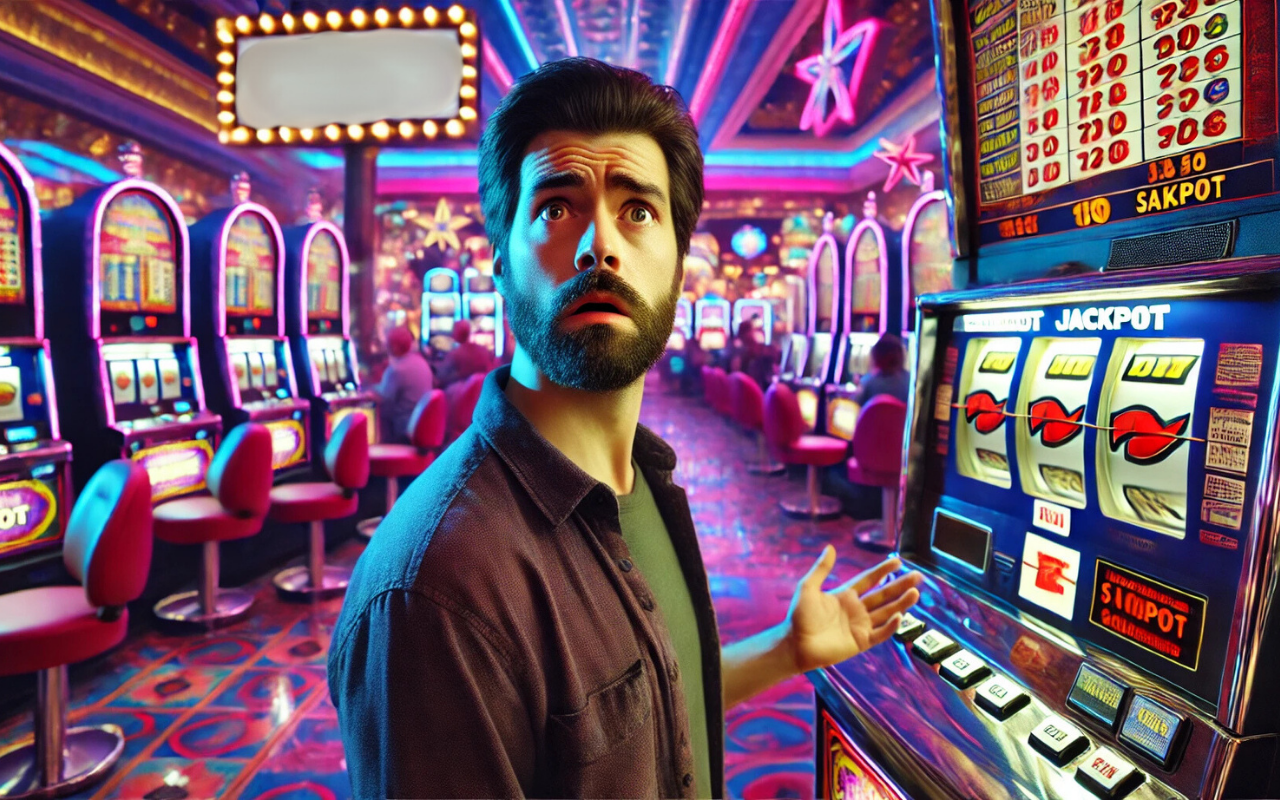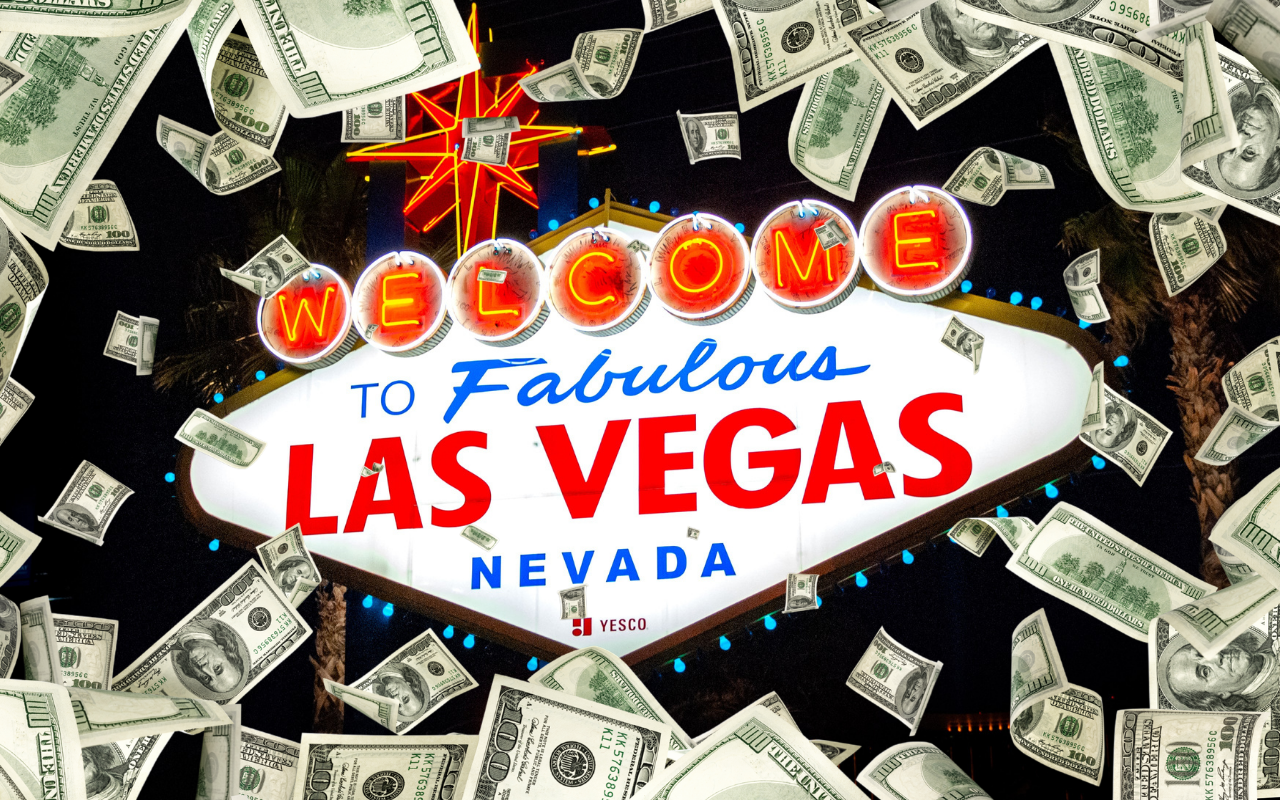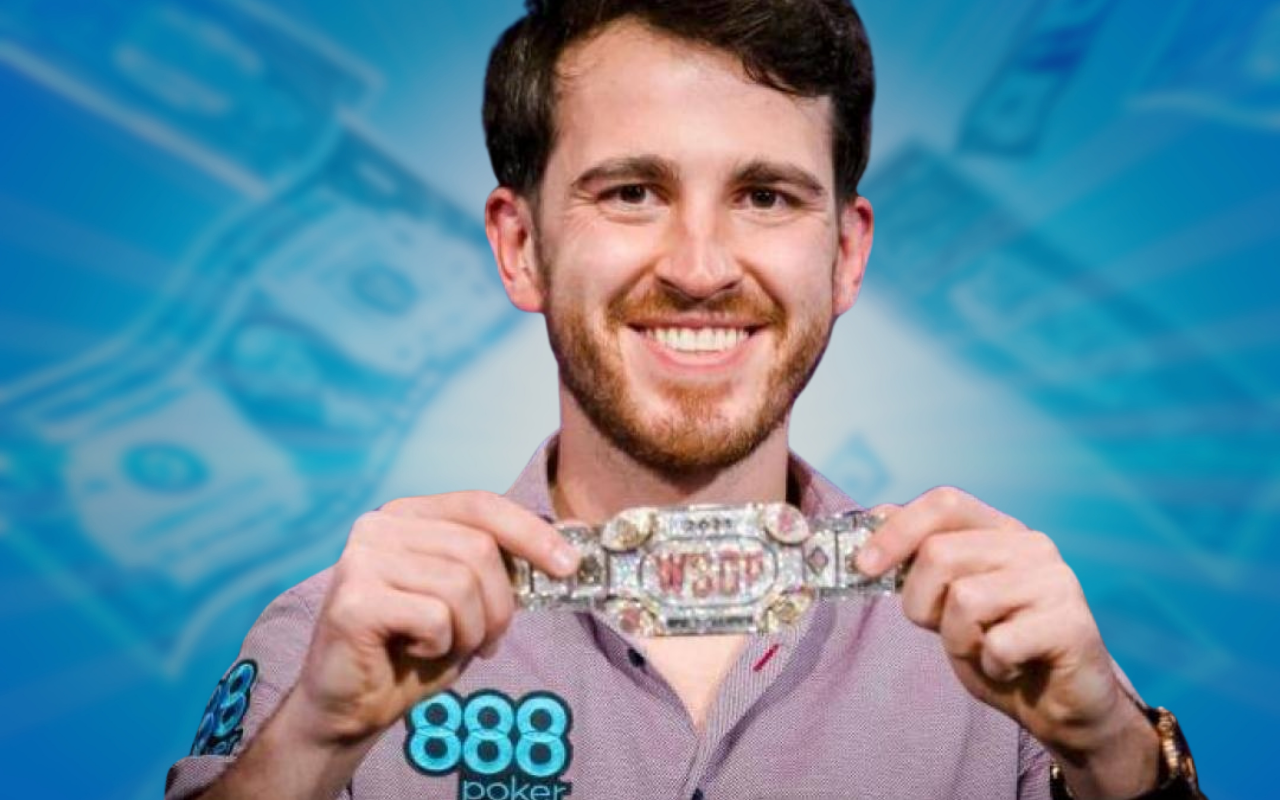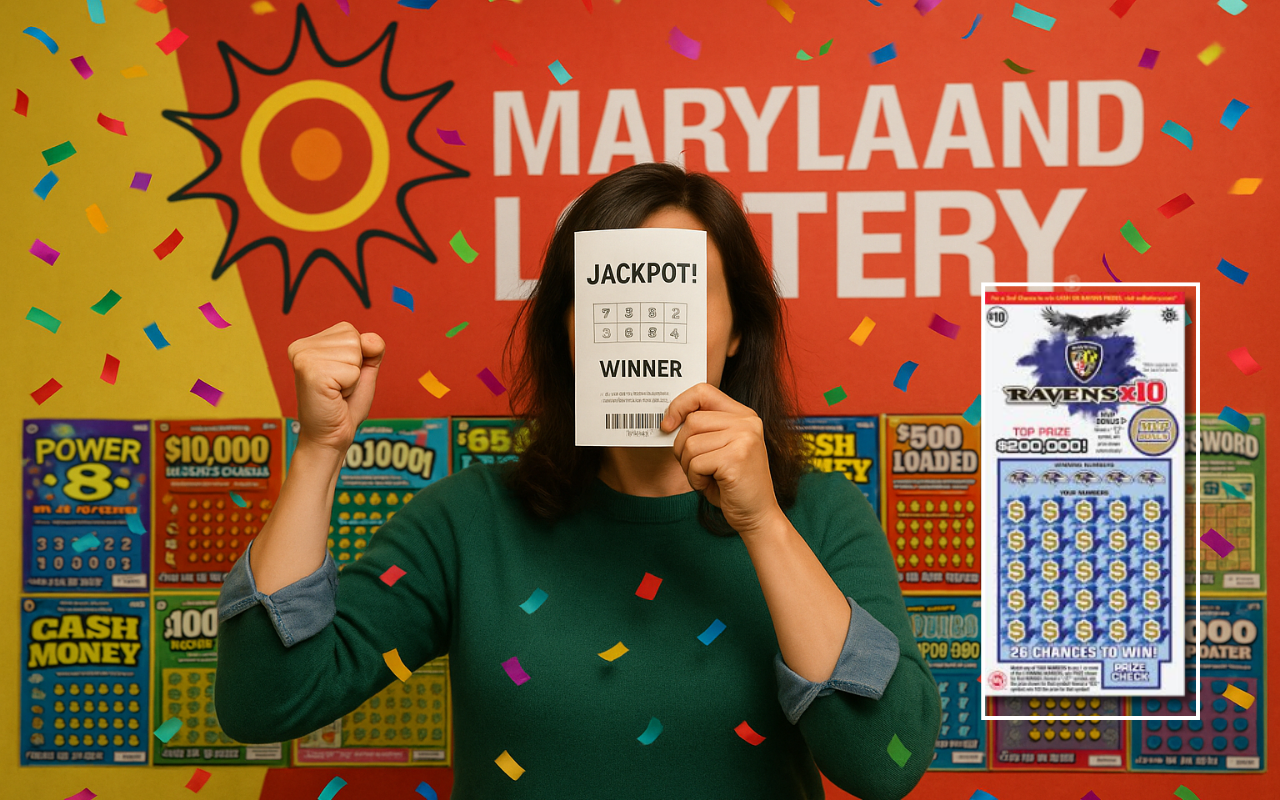Self-Excluded Gambler’s $57K Jackpot: A Story of Unclaimed Fortune

A man residing in Pennsylvania experienced a fleeting moment of happiness upon discovering that he had won a $57,000 jackpot. However, this joy was soon dampened when he realized he would be unable to claim the prize money.
Self-Excluded Gambler Wins $57K Jackpot, But Payment Remains Out of Reach
The reason for this disappointment was neither a malfunctioning gaming machine nor any wrongdoing on the part of the casino. Instead, the gambler in question was on Pennsylvania’s Self-Exclusion List, having opted to exclude himself for life from participating in gambling activities.
- Pennsylvania operates two distinct self-exclusion lists: the Voluntary and Involuntary Self-Exclusion Lists.
- Both lists are strictly enforced by the casinos.
The self-exclusion policy clearly dictates:
Individuals who enroll in self-exclusion are prohibited from collecting any winnings, recovering any losses, or accepting complimentary gifts or services or any other thing of value from a licensee or operator.
The man, who managed to gain entry to Parx Casino in Bensalem, was in violation of his lifetime self-exclusion agreement from the voluntary list. Consequently, his winnings were rendered void because he had chosen to refrain from gambling in any of the state’s casinos.
While casinos bear the responsibility of ensuring that self-excluded individuals do not partake in gambling activities, those who breach these agreements share in the responsibility.
The 46-year-old gambler was understandably frustrated, and the incident was reported to the authorities, with the Pennsylvania State Police providing an overview of the case.
Additionally, he was cited for trespassing, as he had knowingly violated the self-exclusion directive.
The Pennsylvania Gaming Control Board has not yet disclosed whether it intends to take action against Parx Casino in Bensalem, formerly known as the Philadelphia Park Racetrack and Casino.
Self-Exclusion Program Aims to Safeguard Vulnerable Individuals
The self-exclusion initiative is a crucial component of the regulatory efforts to protect vulnerable and at-risk individuals from the potential harms of gambling.
While instances of self-excluded individuals managing to access casino floors are not entirely uncommon, the majority of those who choose self-exclusion experience a positive impact on their gambling habits.
However, this recent incident highlights that self-exclusion may not be a complete solution, nor does it provide the long-term support that some individuals might require.
Anyone enrolled in the state’s self-exclusion program is barred from engaging in any form of state-sanctioned gambling, including:
- Fantasy contests
- Sports betting
- iGaming
- Video gaming terminals
- Lottery activities
- Any other activities considered to be gambling









